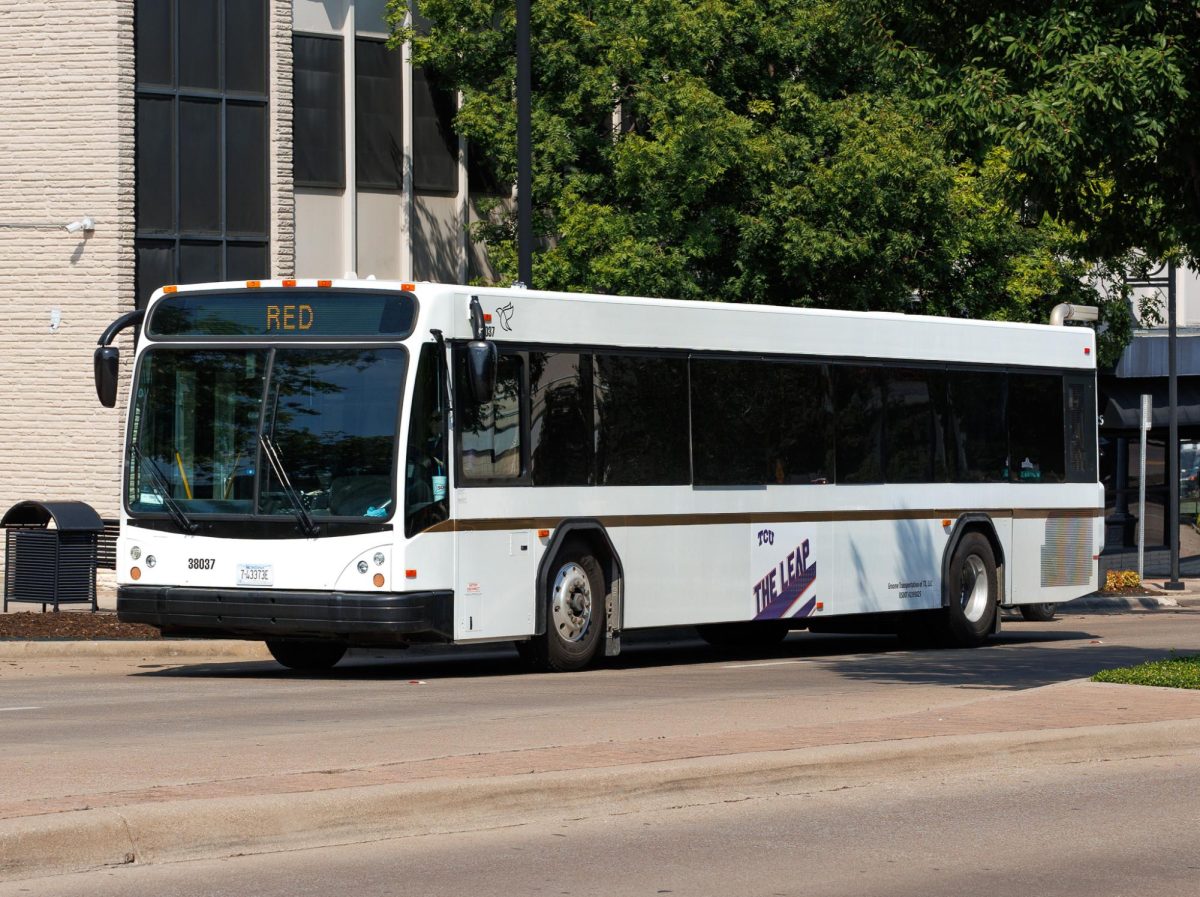“Guns don’t kill people — people kill people.” The same can be argued by the fleet of online organizations fighting against Congress’ SOPA and PIPA bills all day Wednesday. Web favorites such as Wikipedia and Google were only two of the 75,000 sites, according to sopastrike.com, that took part in what was deemed the “largest online protest in history.”
SOPA, which stands for Stop Online Piracy Act, and PIPA, short for Protect IP Act, are two separate bills in the House and Senate, respectively, intended to protect the copyrights of the creators of music, movies and other online content from being embezzled and given out for free on the Internet. But one cannot help but think that Congress is fighting a losing battle.
Most online sites supporting the petition did not necessarily shut down for the day. They did, however, post links to their sites that directed users to their respective congressional representatives, in hopes that users would take action in voicing their disapproval of the bills.
The sites’ main dissatisfaction with the bills stemmed from the responsibility it would force upon them to become the online police, making them responsible for blocking users access to websites with illegal materials and controlling what Internet users search, view and post to a site, which in turn completely undermines the freedom that ultimately makes the World Wide Web what it is.
This means that some of our favorite sites can potentially be sued by mega corporations and the U.S. government if they have not removed sites guilty of copyright infringement. The government will also have the power to force advertising services on these illegal sites and supporters of those sites to have their advertisements removed.
Lastly, any new sites that surface after the bills have passed are also liable to face legal action if the government does not believe they are doing a good enough job to prevent the infringement.
Creators of such sites as Reddit and Mozilla never had the intention of becoming these disciplinarian-like figures. But enacting bills such as SOPA and PIPA give them that unwanted position.
The last thing citizens of the free world want is to be held within the constraints of their government in regards to what they can and cannot access on the Web.
I cannot help but feel as though I am being brought back to my youngest years, in a time where one person’s misbehavior during playtime or at recess leaves an entire class punishable by default and deprived of its members’ rightfully deserved freedom.
To say that the passing of these bills is pulling a blanket solution over a partial problem is fact. Not every Internet user is guilty of illegal pirating. While I do firmly believe that the laws of our land should equate to the evolution of our technology, it should do so in a more fair and realistic fashion.
At the end of the day, it is the year 2012, and the capabilities of the Internet are seemingly limitless. The chance of a potential user finding loopholes on a quest to receive illegal content is sadly inevitable.
It goes without saying that doing damage control over a situation such as this is anything but simplistic, but as citizens of this country we depend on our government to have our very best interests at heart and to pass legislation that will do nothing but benefit the greatest amount of its residents.
Andrea Masenda is a junior journalism major from Denton.




